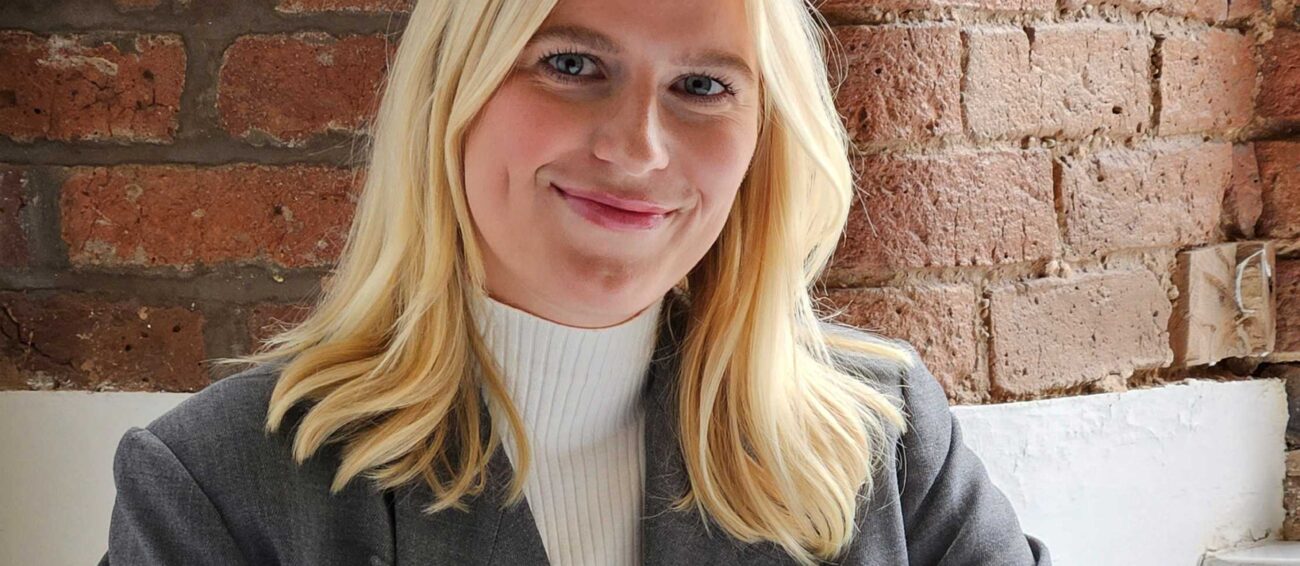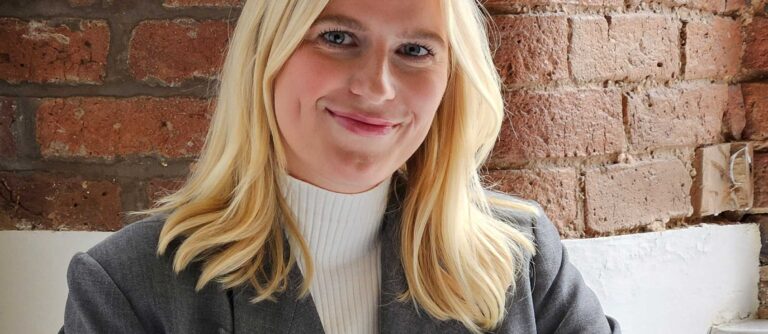It’s fair to say that Marlie Collette is a seasoned traveller. Having just returned from safari in South Africa, Zimbabwe and Botswana, she is now making her name in Pannone’s corporate team after relocating from Canada earlier this year.
We caught up with the recent recruit to find out more about her career journey so far and what brought her to Pannone.
Tell us about your life in law
Before joining the firm earlier this year, I practiced in Vancouver, Canada. I started my career at a large international law firm called Blake, Cassels & Graydon LLP where I focused on securities law, working on cross-border M&A and capital markets transactions. From there, I joined The Jim Pattison Group – Canada’s largest privately owned company – as Associate General Counsel, supporting a range of corporate and commercial matters across multiple industries. The mix of private practice and in-house experience gave me a practical, business-focused approach to law that I’ve carried with me ever since.
What route did you go down, in terms of training and qualifications?
In Canada, the path to qualification is a bit different from the UK. You typically complete four years of undergraduate study before starting law school, which is another three years. I studied at the Peter A. Allard School of Law in Vancouver, Canada. During law school, I completed summer articles at Blake, Cassels & Graydon LLP, followed by a year of articling at the same firm after graduation. I was called to the bar in British Columbia in 2022.
I’m also preparing to study for the Solicitors Qualifying Exam (SQE) with the goal of becoming dual-qualified in the UK.
What drew you to Pannone?
Pannone offers high-quality, complex corporate work in a genuinely collaborative and supportive environment. From the very first interview, it was clear that the firm values its people – both clients and colleagues – and fosters a culture where you’re encouraged to grow, contribute and ask questions. Working alongside experienced, approachable lawyers, who are generous with their time and knowledge, made it an easy choice. For me, enjoying the people you work with is just as important as the work itself.
What is the most satisfying aspect of your job?
It has to be providing meaningful legal advice that goes beyond the technical details – helping to make the client’s life easier and their transactions more efficient. I find real value in cutting through complexity to deliver practical solutions. No two deals are the same, so I’m constantly learning and challenging myself. But the most rewarding part of all is being involved in a deal from start to finish and seeing everything come together.
What does a typical day look like?
Each day brings something different, which is one of the things I enjoy the most about the job. Most days involve a mix of drafting and reviewing documents, negotiating deal terms, and advising clients – whether it’s on a share purchase agreement, investment documents, or corporate governance matters. I’ll usually have a few internal catch-ups with colleagues, whether to talk through a transaction or bounce around ideas. Depending on the stage of a deal, my day might also include liaising with other advisors, preparing for completion, or jumping into due diligence on a new matter. It’s a good mix of focused work and collaboration, which keeps things interesting.
What are your career ambitions?
My goal is to keep growing – not just in legal expertise, but also in confidence, leadership and commercial thinking. I’m working toward becoming dual-qualified in the UK and, ultimately, I want to lead complex transactions and be a trusted advisor to clients. I’m also focused on building a strong professional network here in the UK, which I see as key to a successful practice. I really value the team dynamic too, so contributing to a positive culture and supporting junior lawyers is something I hope becomes a bigger part of my role as I progress.
What would you be doing if you didn’t have a career in law?
If I hadn’t gone into law, I think I’d be drawn to psychology or something in the mental health space. I’m genuinely interested in how people think and why we do what we do. Helping others understand themselves better or navigate difficult situations feels like meaningful work – something that’s always appealed to me. I guess that interest still influences how I listen and problem-solve as a lawyer today.
What can the legal profession do to better support clients and needs to change in the sector?
Beyond providing sound legal advice, I think lawyers can make a real difference by being more proactive in understanding the client’s broader business and goals – not just the immediate legal issue. This deeper insight helps tailor solutions that truly fit the client’s needs.
In terms of change, I’d like to see the profession continue to embrace flexibility and technology to enhance responsiveness and accessibility. The legal world can sometimes feel slow or overly formal, but clients today expect timely, efficient service that aligns with their pace and priorities.
On a light note, if you were managing partner for the day, what’s the first thing you would do?
I’d book a firm-wide coffee break – everyone, all offices, all teams. No agenda, just a chance to connect. The best ideas (and the best working relationships) often come from informal conversations, and I think creating space for that – especially in a busy, transactional environment – pays off in ways that go beyond billables.


